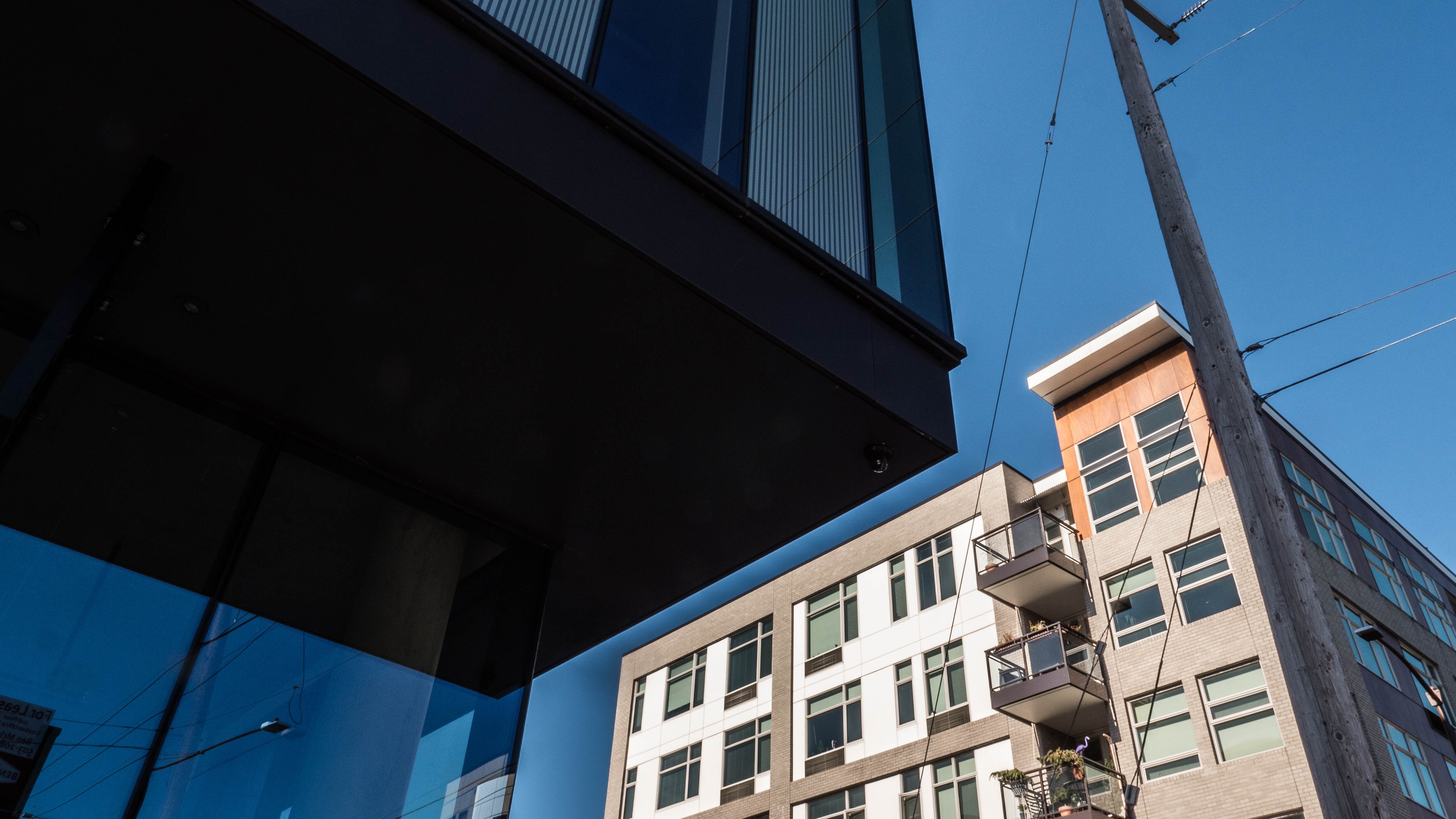Lawmakers and advocates on Friday called on Gov. Kate Brown to convene the Oregon Legislature for a December session in order to extend the state's ban on evictions another six months.
A workgroup consisting of elected officials and residents have crafted a proposal to keep renters housed in the COVID-19 pandemic, and are urging Brown to arrange a special legislative session before the year is up. The next one is scheduled for Jan. 19, 2021—but the state's residential eviction moratorium is currently set to expire on Dec. 31.
That could create an incentive for a spree of evictions at the start of the year.
The proposal suggests extending the current moratorium another six months, until June 30, 2021. Rep. Julie Fahey (D-West Eugene) says this date aligns with the end of the school year.
"Families need stability to provide for children's education," Rep. Fahey says. "It's obvious to me the eviction moratorium is working because we have kept people housed at the biggest housing crisis in our lifetime. We need to recognize there is additional housing assistance needed."
Brown's office says she's considering it.
"The governor remains open to holding another special session," says spokeswoman Liz Merah, "if legislators can agree to a succinct list of policies that addresses Oregonians' most pressing needs, including the impending expiration of the eviction moratorium, while also preserving state resources to maintain vital public services and address the devastation caused by our catastrophic wildfire season."
The workgroup, which began convening in August, looked at other states' approaches to the housing crisis, including California's. The modifications are intended to refine the current residential moratorium and the law against no-cause evictions.
A few of the main suggestions proposed by this workgroup include requiring tenants to submit a sworn statement to their landlords demonstrating financial hardship, an extension on the eviction notice landlords give from 72 hours to 15 days, and a landlord compensation fund of $100 million where most of the finances would be distributed to landlords.
In order to access funds, landlords would have to submit a rental assistance application through the Oregon Housing & Community Services Department on behalf of their tenants who owe back rent. If accepted, the landlord would receive the check and have to forgive 20% of the back rent owed by tenants.
Fahey said part of the reasoning the majority of the funds will go to landlords is because this can go through one application for multiple tenants rather than receiving an application from each individual tenant. The state would prioritize the funds for smaller landlords and those with the most back rent owed to them.
The Oregon Housing Alliance and Oregon Law Center released a statement in favor of this proposal.
"We appreciate the work that Rep. Fahey has done to bring all parties together to keep people safe and stable in their homes during the pandemic through extending the eviction moratorium, and providing rental assistance that protects both renters and landlords," the statement read. "This is a reasonable compromise that must move forward quickly."
Both Fahey and the Oregon Housing Alliance mentioned the importance of this bill for those in poverty and people of color. They both feel the sense of urgency to continue to protect families and those in need during this time.
"Whatever allocation we make is not going to be enough to get landlords all their money back," Fahey says. "No economy sector that has been made whole this year with [state and federal resources]. The idea is, if we can allocate substantial funding and an assistance program to pay back rent, the hope by midyear is folks will be back at work."
